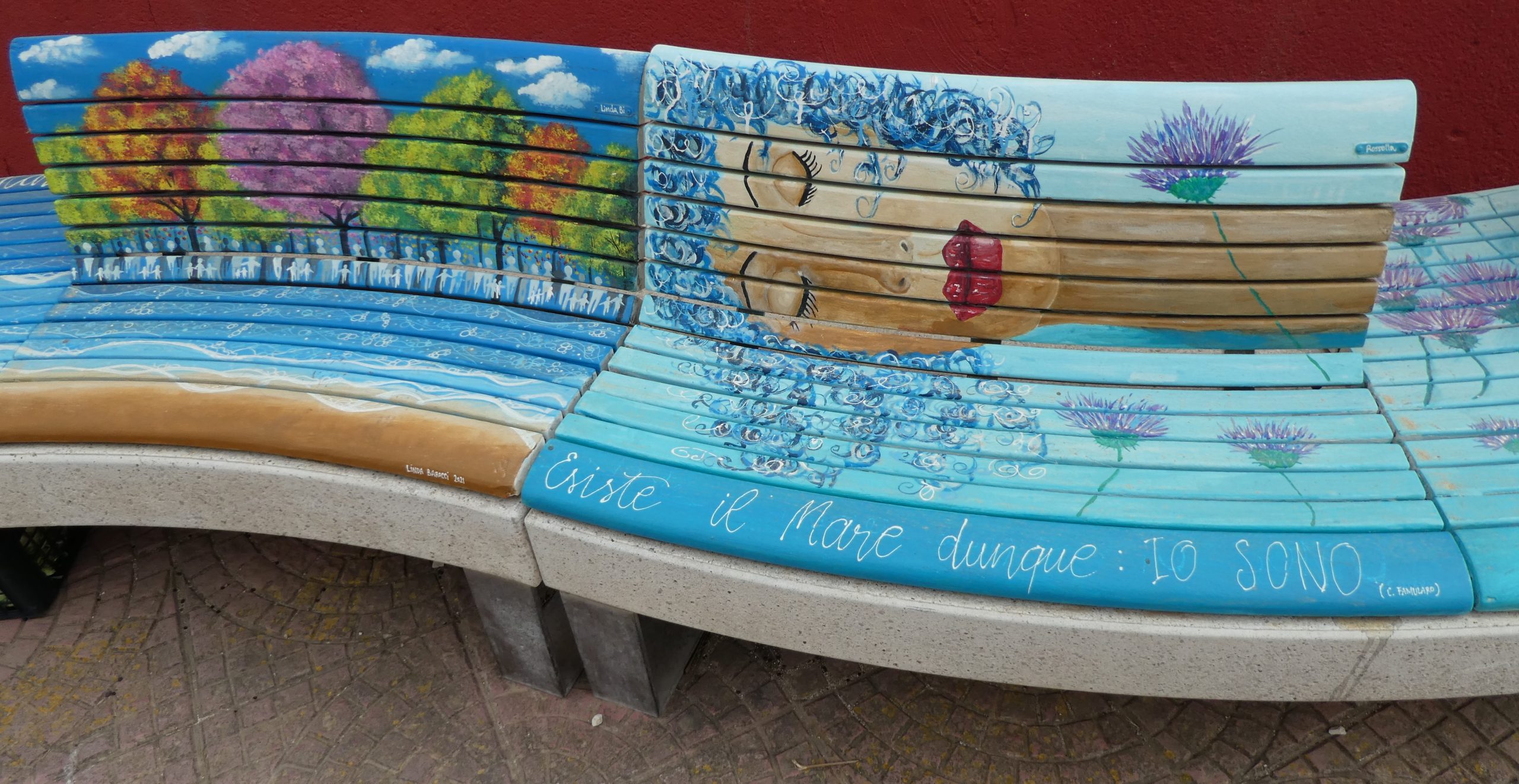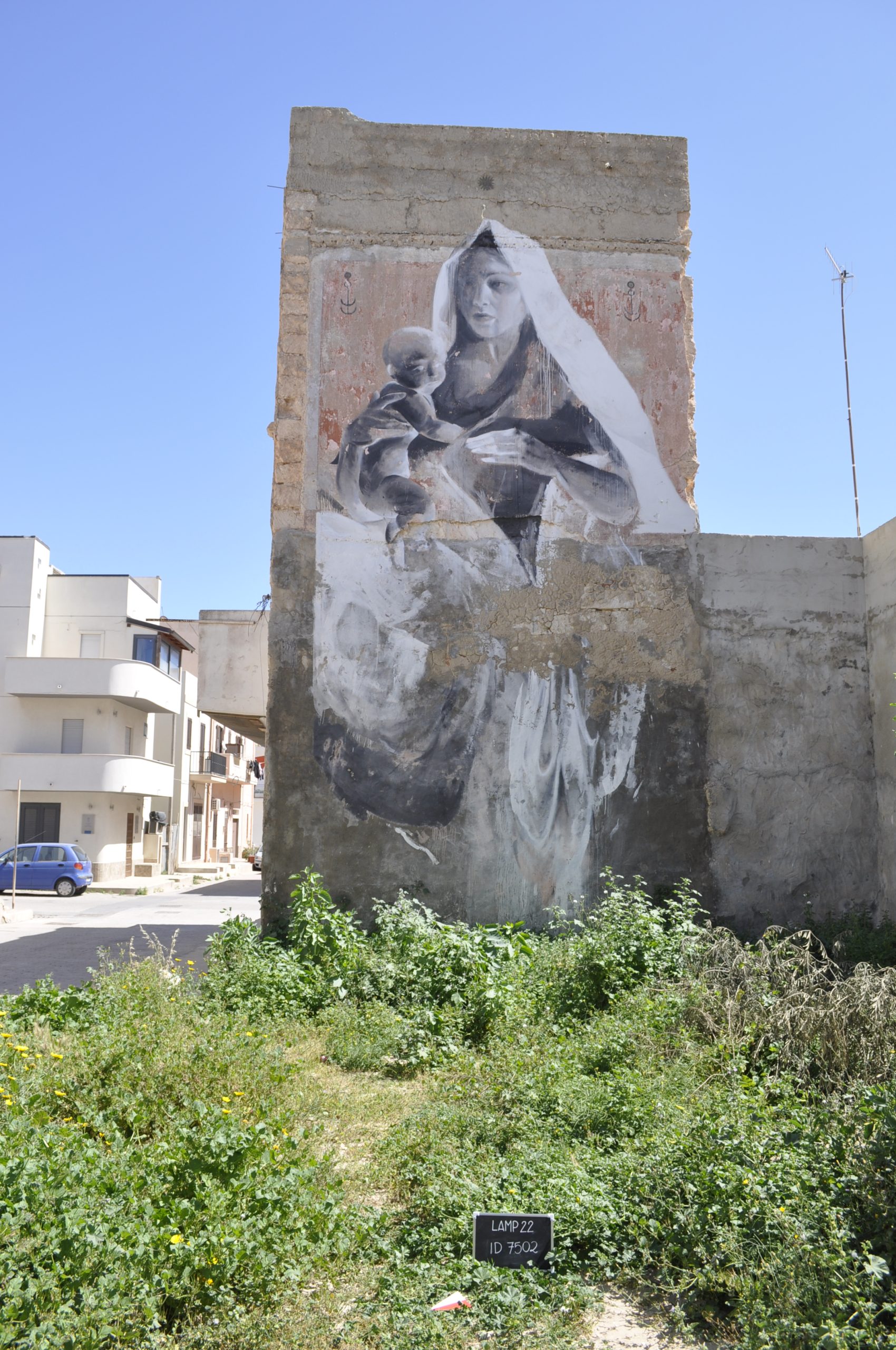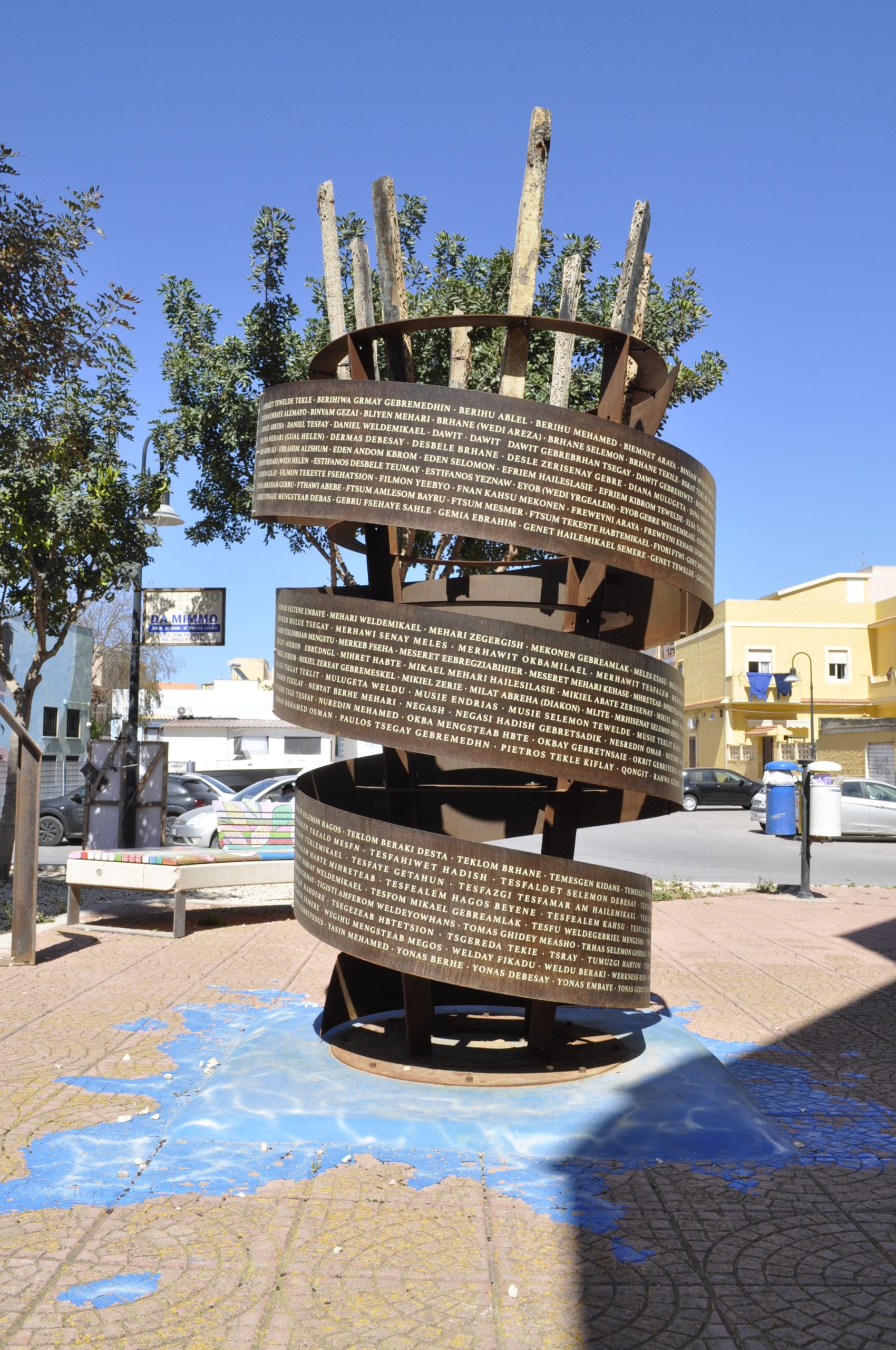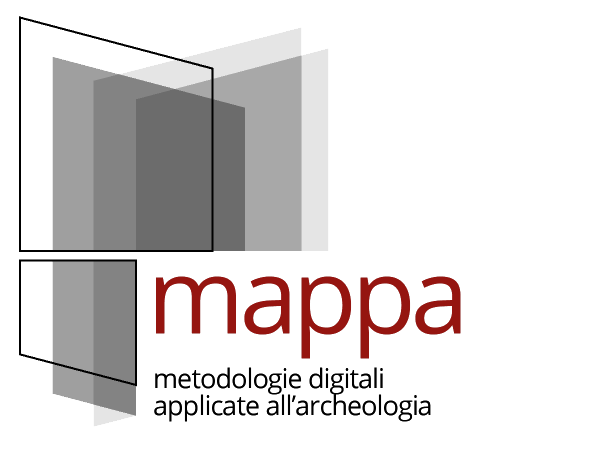
e-COOL: Ethnographies of Communities, Objects and places in Lampedusa
In the last two years, Lampedusa has been a focus for archaeological and anthropological educational experiences.
Following this path, e-COOL project aims to open a new phase where students will be protagonists proposing original research themes.
The students will guide an autonomous field campaign on the island, suggesting adopting experimental ocumentation and communication techniques and designing with teachers and the local community.
The project has been designed to move students and teachers to work together and recreate the biography of the community of Lampedusa, starting from the ethnographical documentation made of stories, memories, objects, and places. The educational experience will be carried on with ethnographical and archaeological fieldwork in Lampedusa for 60 days. During this time, the teachers will alternate their presence by programming targeted actions
aimed at methodological teaching.
The students will work on the participatory construction of a documentation timeline, enhancing experiences and skills with peers and then discussing with the teachers.


E-Cool has three steps:
1. The first phase is planning research actions on-site; each student will develop their research project starting from the broader theme of Ethnographies of Communities, Objects and Places in Lampedusa.
The project will have to respond to the rules of the scientific community, following different and individual study courses. A seminar will train the student on planning and writing a research project.
Phase stars on September 15, 2022.
2. The second phase consists of the fieldwork.
In Lampedusa, each student will carry out their research project with steps of documentation,
analysis, sharing of procedures and revisions.
Starting October 1, 2022
3.The third phase will include the post-production work to give trips and practical skills to the students.
The students will also be cataloguing, transcribing, and processing ethnographic, archaeological and audiovisual documentation during the Second Semester.
Starting November 2022.
Caterina Di Pasquale (caterina.dipasquale@unipi.it)
Collaboration:
Francesca Anichini
Nicola Trabucco
Gabriele Gattiglia
